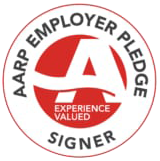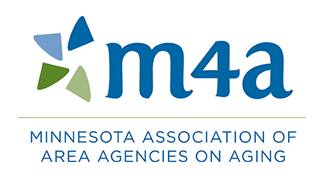November is National Family Caregiver Month
Rosalynn Carter, former First Lady recently passed away under the care of hospice. Wife to the 39th President of the United States of America, Jimmy Carter, Rosalynn used her role as the First Lady to raise awareness in several areas. These areas included, but were not limited to, mental health, women’s issues, and children’s wellbeing. She also focused on caregiving, which is what I will highlight here. A powerful quote from Rosalynn echoes in my mind, especially during the month of November; “There are only four kinds of people in the world – those who have been caregivers, those who are caregivers, those who will be caregivers, and those who will need caregivers.” She was ahead of her time on the caregiver front. We have seen the impact that a caregiver has on a care recipient. Unfortunately, we have also noticed the toll caring for a loved one can take on caregivers. In November, we highlighted caregivers as part of National Family Caregivers Month. President Joseph Biden has proclaimed November as National Family Caregiver Month. Governor Timothy Walz has proclaimed Family, Friends, and Neighbors Caregiving Month for November. Going back to Rosalynn’s quote, where do you fit in?
Many people do not identify themselves as a caregiver. When our team gives presentations, we sometimes ask those in attendance if they are or have been a caregiver. Usually, only a small number of people raise their hands, but that is incorrect. Everyone, at one point in their life, has been a caregiver. Have you ever helped someone (family, friend, stranger) by holding the door open for them, picking up groceries or prescriptions, or simply making a phone call? That is caregiving!
Now that we have identified you as a caregiver, how do you care for yourself? What is your self-care routine? Are you feeling burned out and needing help? That is where we can help. MNRAAA has been collaborating closely with providers to expand services to assist caregivers. Many of these services include support groups, training sessions, and respite (both in-home and out-of-home services). If you are a caregiver, thank you. If you know a caregiver, thank them. I want to know what we can do to support you in this endeavor.
For additional information or to find local support groups, contact the Senior LinkAge Line at 1-800-333-2433 or online at https://www.sllreferral.org/. If you are interested in starting or getting additional information about supporting caregivers, please reach out to MNRAAA at www.mnraaa.org.




